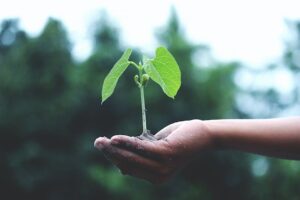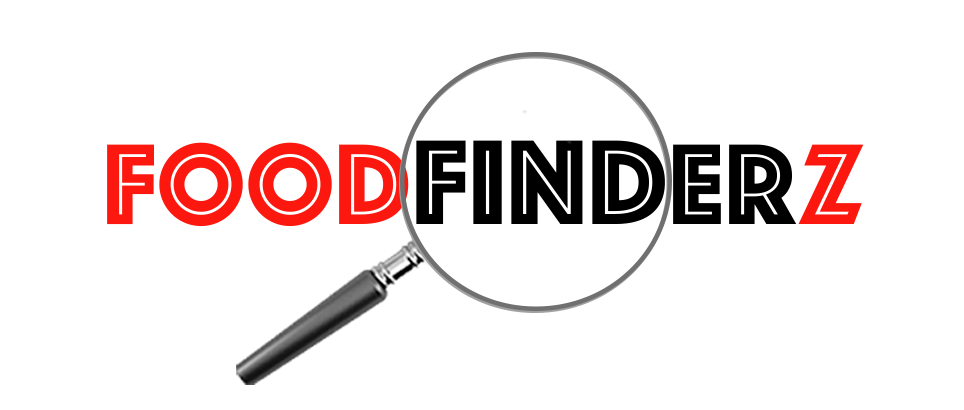- Defining Sustainable Sourcing:
Sustainable sourcing is more than just a buzzword; it’s a commitment to responsible practices that prioritize environmental, social, and economic well-being. In the B2B food industry, this approach extends from the farm to the table, encompassing ethical production, fair labor practices, and eco-friendly distribution methods.
- Eco-Friendly Agriculture: Nurturing the Soil and the Planet:
At the heart of sustainable sourcing lies eco-friendly agriculture. In 2024, B2B food businesses are increasingly turning to practices such as organic farming, agroecology, and permaculture. These methods not only promote biodiversity and soil health but also eliminate the use of harmful pesticides and synthetic fertilizers, fostering a regenerative and sustainable agricultural ecosystem.
- Fair Trade and Ethical Labor Practices: Empowering Communities:
Sustainable sourcing extends beyond the fields to ensure fair and ethical labor practices. Businesses committed to green procurement prioritize partnerships with suppliers who adhere to fair trade principles, providing equitable wages and safe working conditions. This approach not only supports local communities but also contributes to a more socially responsible global supply chain.
- Reducing Food Miles: Minimizing Carbon Footprints:
In 2024, sustainable sourcing in B2B food procurement places a premium on minimizing food miles. Businesses are actively seeking local and regional suppliers to reduce transportation-related carbon emissions. This not only supports nearby economies but also ensures fresher, more environmentally friendly products for consumers.
- Packaging Innovation: From Waste to Resource:
The sustainable sourcing movement is reshaping packaging strategies in B2B food commerce. Businesses are adopting eco-friendly packaging alternatives, such as compostable materials and reusable containers. Moreover, innovative packaging designs aim to minimize waste and contribute to a circular economy, where materials are reused, recycled, or repurposed.
- Traceability and Transparency: Building Consumer Trust:
Transparency is a cornerstone of sustainable sourcing. B2B food businesses are leveraging technology, such as blockchain and traceability platforms, to provide consumers and partners with a clear view of the journey from farm to fork. This transparency not only builds trust but also allows businesses to showcase their commitment to sustainable and ethical practices.
- Certifications as a Seal of Responsibility:
Certifications from reputable sustainability organizations are becoming badges of honor for businesses engaged in green procurement. In 2024, B2B food suppliers are actively pursuing certifications such as Organic, Fair Trade, and Rainforest Alliance to signal their dedication to environmentally friendly and socially responsible practices.
Conclusion:
Sustainable sourcing in B2B food procurement is not merely a trend; it’s a fundamental shift toward responsible business practices that honor the planet and its inhabitants. As businesses embrace this green approach, they not only contribute to a healthier environment but also position themselves as leaders in an industry that prioritizes ethical, sustainable, and forward-thinking values. In 2024 and beyond, sustainable sourcing is not just a choice; it’s an imperative for businesses committed to building a resilient and conscientious future for the B2B food industry.

